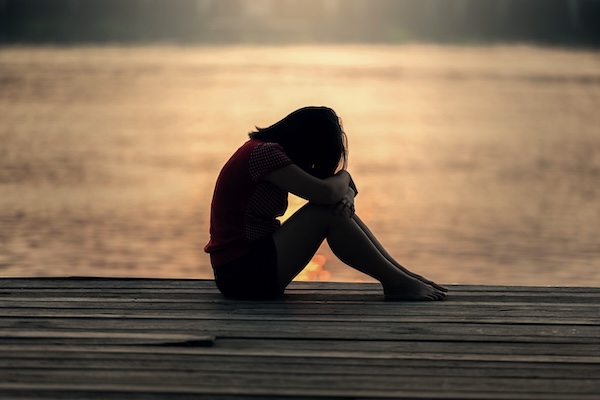
Have you ever felt like there’s something holding you back from doing the things you really want? Like there’s a nagging inner voice telling you that you just can’t?
Watching the news from across the ocean may have left many of us feeling overwhelmed and heartbroken as we experience the effects of traumatic events from afar. The recent global crises have undoubtedly left us hurting for loved ones who are enduring hardships, and even for those we’ve never met but empathize with deeply. These emotions often lead to a complex and distressing psychological phenomenon known as “survivor’s guilt.”
Survivor’s guilt is a complex emotional response that emerges when we are in a safe and secure situation while witnessing others, including loved ones or those we care for, facing crises and significant suffering. This feeling arises from the stark contrast between our fortunate circumstances, where we are far away and not directly impacted by the events, and the challenges others are enduring. This emotional turmoil can take various forms, such as a deep sense of helplessness, intrusive thoughts, and a profound sense of guilt.
Here’s a closer look at what survivor’s guilt might feel like:
Overwhelming Helplessness
When witnessing the suffering of others, especially during global crises, you may feel powerless to make a significant impact or provide support.
Intrusive Thoughts
You might find yourself thinking ‘What If’ and ‘I Should Have Been There’ thoughts, which might affect you negatively, leading you to question your actions or inactions, even when they are beyond your control.
Guilt for Being Fortunate
You may struggle with guilt for being safe and away from the crisis, feeling almost undeserving of your own well-being while others are struggling.
Coping with survivor’s guilt can be challenging, but there are 4 practical strategies to help you manage its symptoms:
Acknowledge Your Feelings
The first step is recognizing and accepting your emotions. Survivor’s guilt is a valid response to challenging circumstances, and it’s essential to allow yourself to feel without judgment.
Practice Self-Compassion
Treat yourself with the same kindness and empathy you’d offer a friend in a similar situation. Remember that your well-being is valuable, and it doesn’t diminish the suffering of others.
Take Action, Where Possible
While you may not be able to change the world, you can still make a difference. Contribute to relief efforts, donate to charities, or volunteer your time. Small acts of kindness can alleviate feelings of helplessness.
Seek Support
Talk to friends, family, or a mental health professional about your feelings. Sharing your emotions and concerns can provide you with valuable perspective and help you process your guilt.
Survivor’s guilt is a challenging emotional experience, but you have the power to choose your response. By prioritizing your well-being you become better equipped to support those in need. Your empathy and actions can bring hope and relief, even from a distance. Through donations, volunteering, or raising awareness, you can transform survivor’s guilt into a catalyst for positive change for the causes you care about.